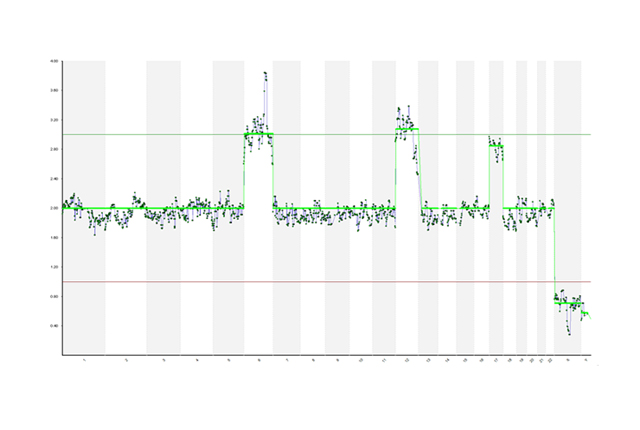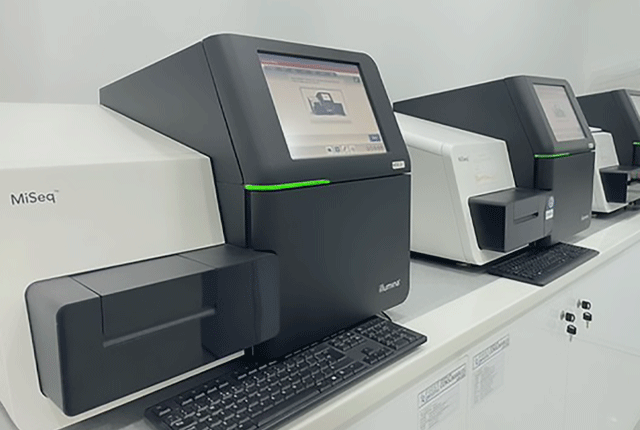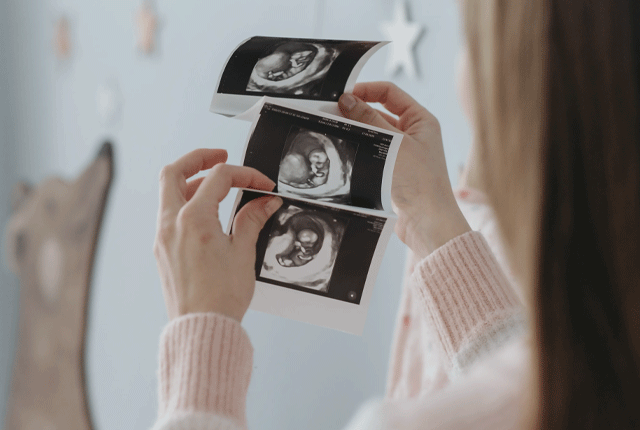

Preimplantation Genetic Testing for Aneuploidy (PGT-A) refers to the testing of embryos derived from in vitro fertilization (IVF) to identify chromosomal aneuploidy. The purpose of PGT-A is to lower the chances of selecting an embryo with abnormal chromosome numbers for transfer, thus improving the chances of successful pregnancy while minimizing the risks associated with transferring such embryos.

Aneuploidy is the presence of an abnormal number of chromosomes in a cell that is caused by an extra or missing chromosome. Chromosomal aneuploidy is the leading cause of implantation failure, pregnancy loss, congenital abnormalities, and developmental disabilities in humans.

PGT-A is offered to most couples opting for IVF treatment, but it is primarily recommended for:

PGT-A screens for aneuploidies in the whole set of chromosomes (1-22, X and Y), such as:

With PGT-A, only embryos without any missing or extra chromosomes will be prioritized for transfer. PGT-A adds significant value to an IVF treatment plan as it may:

The PGT-A report will show the numerical chromosomal abnormalities (aneuploidy) for the cells biopsied from an embryo. All 24 chromosomes will be analyzed (1-22, X and Y). The aim of the PGT-A is to identify the embryo with the highest potential to implant. In the report, the result for each embryo will state one of the following: